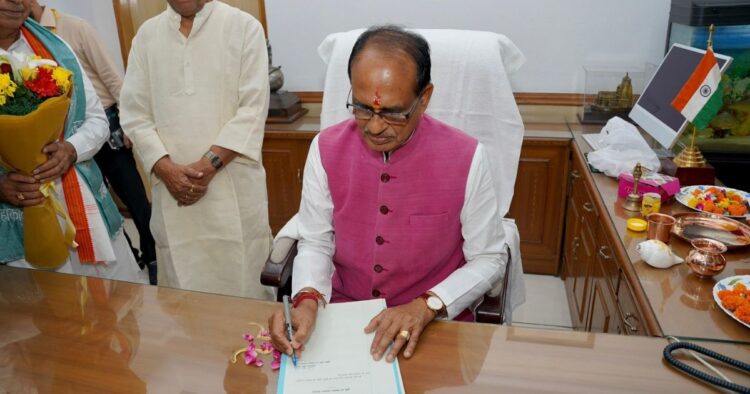Union Agriculture Minister Shivraj Singh Chouhan, who recently took charge of the ministry, highlighted the importance of ensuring the timely availability of fertilizers, seeds, and pesticides for the upcoming Kharif season. In a review meeting held this week, he stressed that any delay in the supply chain could impact the sowing process and, consequently, crop production.
Farmers across the nation are either starting or about to start sowing their Kharif crops. Chouhan directed officials to ensure the timely distribution and quality supply of essential input materials. He emphasized the need for constant monitoring to avoid any hardships for farmers.
The minister expressed optimism about the forecast for the Southwest monsoon, which is predicted to be above normal this year. Officials from the Department of Fertilisers, the Central Water Commission, and the India Meteorological Department (IMD) provided updates during the meeting. Secretary of the Department for Agriculture and Farmers’ Welfare, Manoj Ahuja, along with other senior officials, briefed the minister on the preparations for the Kharif season.
As per the IMD, the southwest monsoon seasonal rainfall over the nation is expected to be 106 percent of the long-period average. This means that the country is likely to experience above-normal rainfall from June to September 2024. Since Bharat receives over 70 percent of its annual rainfall during this period, the monsoon is crucial for the country’s agriculture, which supports a large segment of the population.
The monsoon rains began over Kerala on May 31, a day earlier than usual. These rains are essential for Kharif crops like paddy, moong, bajra, maize, groundnut, soybean, and cotton. Bharat has three cropping seasons: summer, Kharif, and Rabi. Kharif crops are sown in June-July and harvested in October-November, relying heavily on monsoon rains.
In a separate meeting, Chouhan reviewed the Department of Agricultural Research and Education (DARE). He called for increased farm mechanization to boost agricultural productivity and stressed the need to link agricultural education with practical farming. Chouhan emphasized improving the reach and utility of Kisan Vikas Kendras (KVKs) to benefit every farmer.
The minister encouraged scientists to enhance productivity and develop new crop breeds through effective use of technology. He also advocated for simplifying natural farming practices to encourage more farmers to adopt them. Secretary of DARE and Director General of the Indian Council of Agriculture Research (ICAR), Himanshu Pathak, outlined a 100-day plan, including developing 100 new crop varieties and certifying 100 new technologies.
Ministers of State for Agriculture and Farmers’ Welfare, Ramnath Thakur and Bhagirath Choudhary, also attended the meetings, showing their support for the initiatives discussed.

















Comments